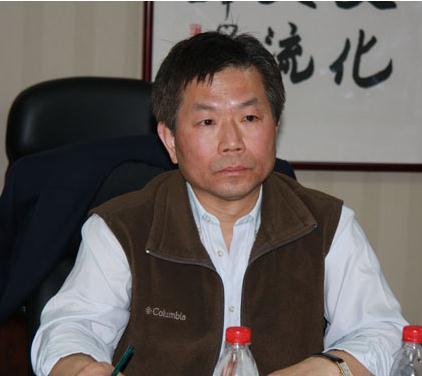报告题目:Ghost Data Analysis (幽灵数据分析)
报告人:Dennis K.J. Lin(University Distinguished Professor, Department of Statistics),The Pennsylvania State University, University Park, USA.
报告时间:2019年5月21日9:30—
报告地点:燕山校区1号教学楼1505室
主办单位:科研处、统计学院
报告简介:As natural as the real data, ghost data is everywhere—it is just data that you cannot see. We need to learn how to handle it, how to model with it, and how to put it to work. Some examples of ghost data are (see, Sall, 2017):
(a) Virtual data—it isn’t there until you look at it;
(b) Missing data—there is a slot to hold a value, but the slot is empty;
(c) Pretend data—data that is made up;
(d) Highly Sparse Data—whose absence implies a near zero, and
(e) Simulation data—data to answer “what if.”
For example, absence of evidence/data is not evidence of absence. In fact, it can be evidence of something. More Ghost Data can be extended to other existing areas: Hidden Markov Chain, Two-stage Least Square Estimate, Optimization via Simulation, Partition Model, Topological Data, just to name a few. Three movies will be discussed in this talk: (1) “The Sixth Sense” (Bruce Wallis)—I can see things that you cannot see; (2) “Sherlock Holmes” (Robert Downey)—absence of expected facts; and (3) “Edge of Tomorrow” (Tom Cruise)—how to speed up your learning (AlphaGo-Zero will also be discussed). It will be helpful, if you watch these movies before coming to my talk. This is an early stage of my research in this area--any feedback from you is deeply appreciated. Much of the basic idea is highly influenced via Mr. John Sall (JMP-SAS).

报告人简介:Dr. Dennis K. J. Lin is a university distinguished professor of supply chain and statistics at Penn State University. His research interests are quality assurance, industrial statistics, data mining, and response surface. He has published more than 200 SCI/SSCI papers in a wide variety of journals. He currently serves or has served as associate editor for more than 10 professional journals and was co-editor for Applied Stochastic Models for Business and Industry. Dr. Lin is an elected fellow of ASA, IMS and ASQ, an elected member of ISI, a lifetime member of ICSA, and a fellow of RSS. He is an honorary chair professor for various universities, including a Chang-Jiang Scholar at Renmin University of China, Fudan University, and National Chengchi University (Taiwan). His recent awards including, the Youden Address (ASQ, 2010), the Shewell Award (ASQ, 2010), the Don Owen Award (ASA, 2011), the Loutit Address (SSC, 2011), the Hunter Award (ASQ, 2014), and the Shewhart Medal (ASQ, 2015). Last year, he was awarded the SPES Award at the 2016 Joint Statistical Meeting.

